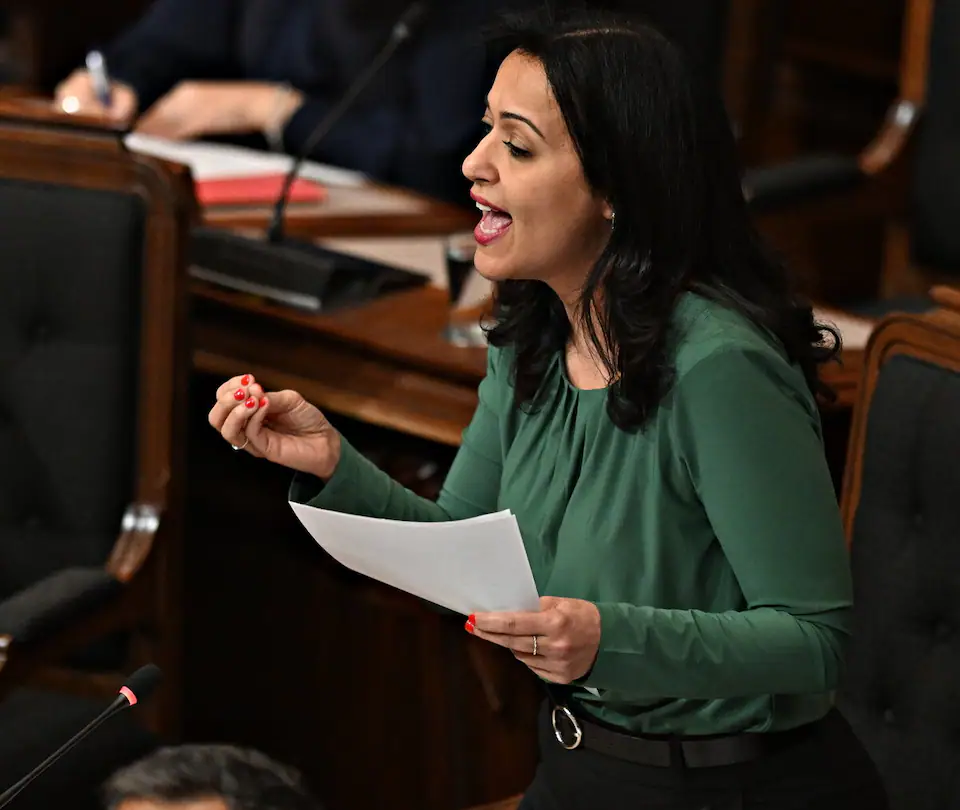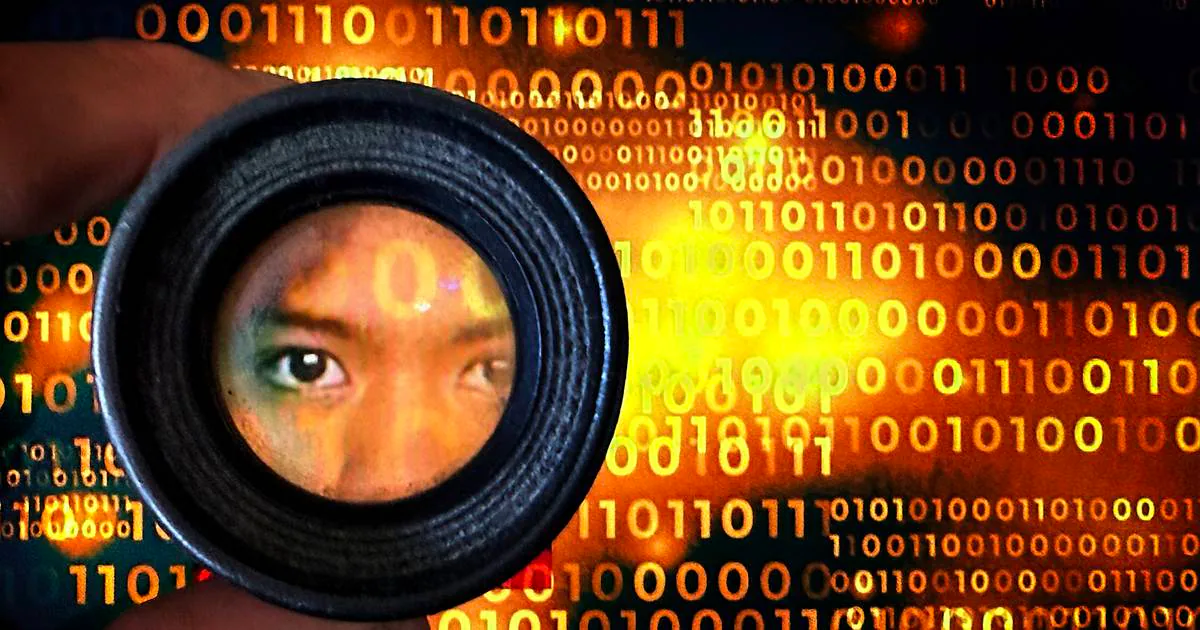By Peter Pomerantsev
Copyright politico

Sometimes alibis can be created months in advance, such as with Russian claims that Ukraine blew up the Kakhovka dam, or that Ukrainian forces used U.S. arms to murder prisoners of war captured by Russia, who were about to incriminate Ukrainian President Volodymyr Zelenskyy in heinous war crimes.
But sometimes things can go awry: On April 8, 2022, for example, a Russian missile hit the Kramatorsk rail station, killing 63 civilians; and at 10:25 a.m., Russia’s state news agency RIA Novosti published a post blaming a Ukrainian Tochka-U missile. However, the first eyewitness reports from the scene only started to emerge at about 10:30 a.m. In their eagerness to blame Ukraine, the agency was premature. Furthermore, it was published via TweetDeck, which can be used to schedule posts in advance.
This mistake shows how digital technology can both enhance and reveal the coordinated nature of “information alibis.” A network of telegram channels, such as the somewhat ironically entitled “War on Fakes,” lie at the heart of Russia’s “information alibis.” At first glance, they can seem independent, but as an indictment by the U.S. Justice Department showed, they closely coordinate with the Kremlin.
When propagandists participate in coordinated action with military forces and state authorities to preemptively cover up a crime, their role goes beyond typical disinformation. “By seeding doubt that derails investigations, covers up crime, or obstructs criminal investigations, propagandists can materially contribute to a common purpose,” explained Global Rights Compliance’s Scott Martin. Think of them like getaway drivers, delivering a bank robber or assassin to a crime scene, then driving them away.
If one could establish responsibility for “information alibis” in this way, it would do more than just open the opportunity for in-person trials. It would also create opportunities for other forms of accountability, such as with sanctions. And it would put more pressure on tech platforms too — it’s one thing to have disinformation on a site, it’s quite another to enable the coordination of atrocities.
Moreover, recognizing “information alibis” would help democracies delineate more clearly between freedom of speech and crime — especially at a time when there’s so much controversy over what speech should be regulated. Untrue, vile and derogatory political speech isn’t usually illegal. But the milder speech involved in “information alibis” is directly contributing to actual crimes.
The most dangerous words aren’t necessarily the most violent ones. Rather, it’s often calm, seemingly measured, coordinated words that are part of the preparation for murder — these are what propagandists should be held accountable for.



